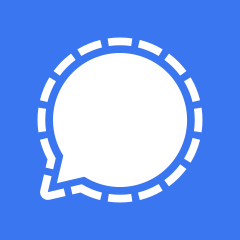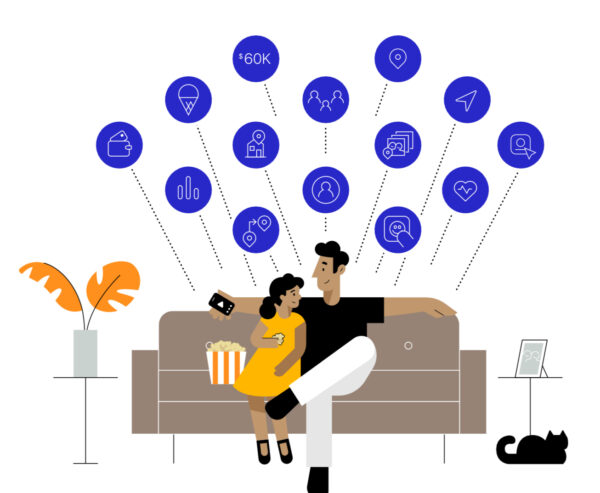Two quotations occurred to me this morning. The first was from Edmund Blackadder, talking to Prince George:
“Well, it is so often the way, sir: too late one thinks of what one should have said.
Sir Thomas More, for instance — burned alive for refusing to recant his Catholicism — must have been kicking himself, as the flames licked higher, that it never occurred to him to say, “”I recant my Catholicism.””
Leaving aside for a moment a somewhat rare error on the part of the writers — Thomas More was beheaded, not burned — the topic of when to abandon one’s principles was in my mind, because I was reinstalling WhatsApp on my phone, having deleted it several years ago.
I have written enough here in the past about why I consider Facebook not to be a force for good in the world, and why I think that all of their apps — Facebook, WhatsApp, Instagram, and now presumably Threads — go a step too far in the privacy-infringement arena because, for example, they capture the details not only of the person using the app, but of all their contacts too. I have a few friends who could be considered celebrities, for example, and, now that I’m running WhatsApp again, their details are on the Meta servers…
Except, of course, that they aren’t… at least, not really because of me.
I was taking a stand to alert people to what Meta were doing, but it’s clear that most of my friends didn’t really care that much. Many who actively didn’t like Facebook didn’t realise that WhatsApp and Instagram were the same company. But lots of them had Gmail accounts, or used Android phones, anyway, so security & privacy weren’t too high up their list of priorities. And it turns out, of course, that most of them are already on WhatsApp and Facebook and Instagram themselves, so not only were their details already known to the servers, but so were mine, because of them. My virtuous stance was a bit of an empty gesture. (Besides, I hadn’t been quite as pure in my dedication to the cause as I suggest, because I did still have a rarely-used Instagram account, so all bets were really off anyway.)
And so I am now accessible on WhatsApp again, which will make certain social interactions easier. I still think Signal to be superior in almost every way, and will continue to use it and other services where possible in preference. But in the end, it came down to my second quotation of the day: the famous observation made by Scott McNealy, the CEO of Sun Microsystems, nearly quarter of a century ago, long before Facebook and its siblings even existed:
“You have zero privacy anyway. Get over it.”
Perhaps he was right. 🙂


Recent Comments